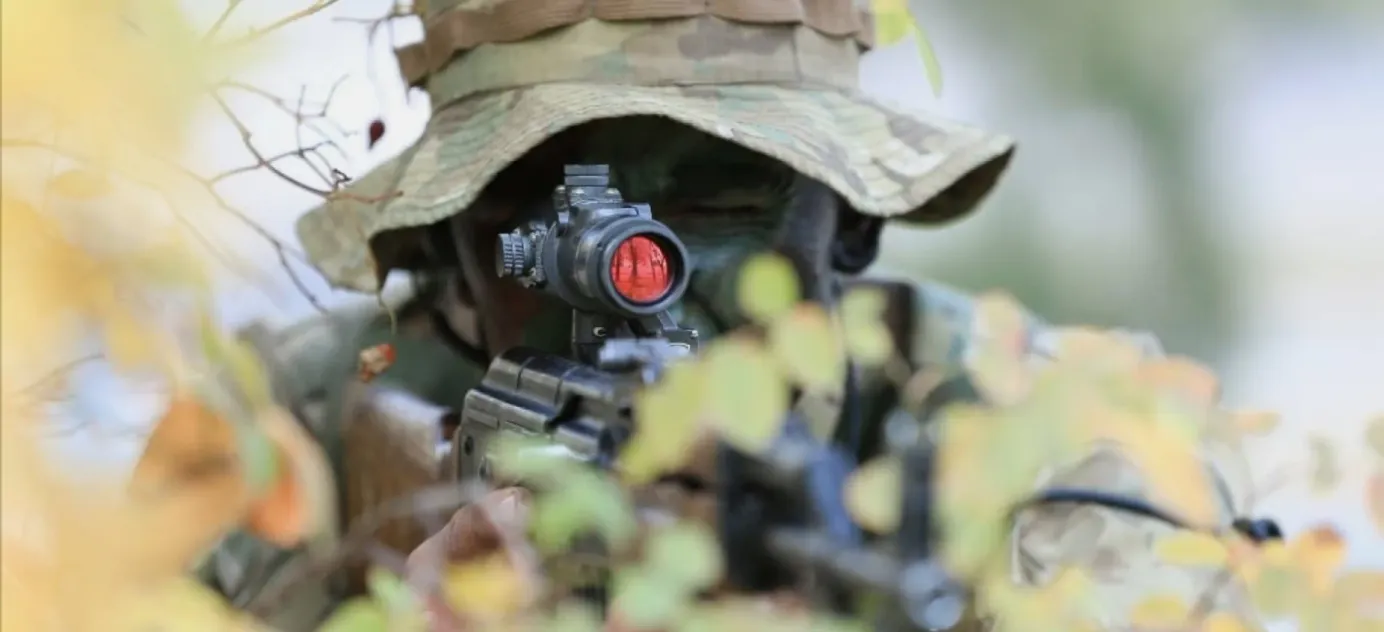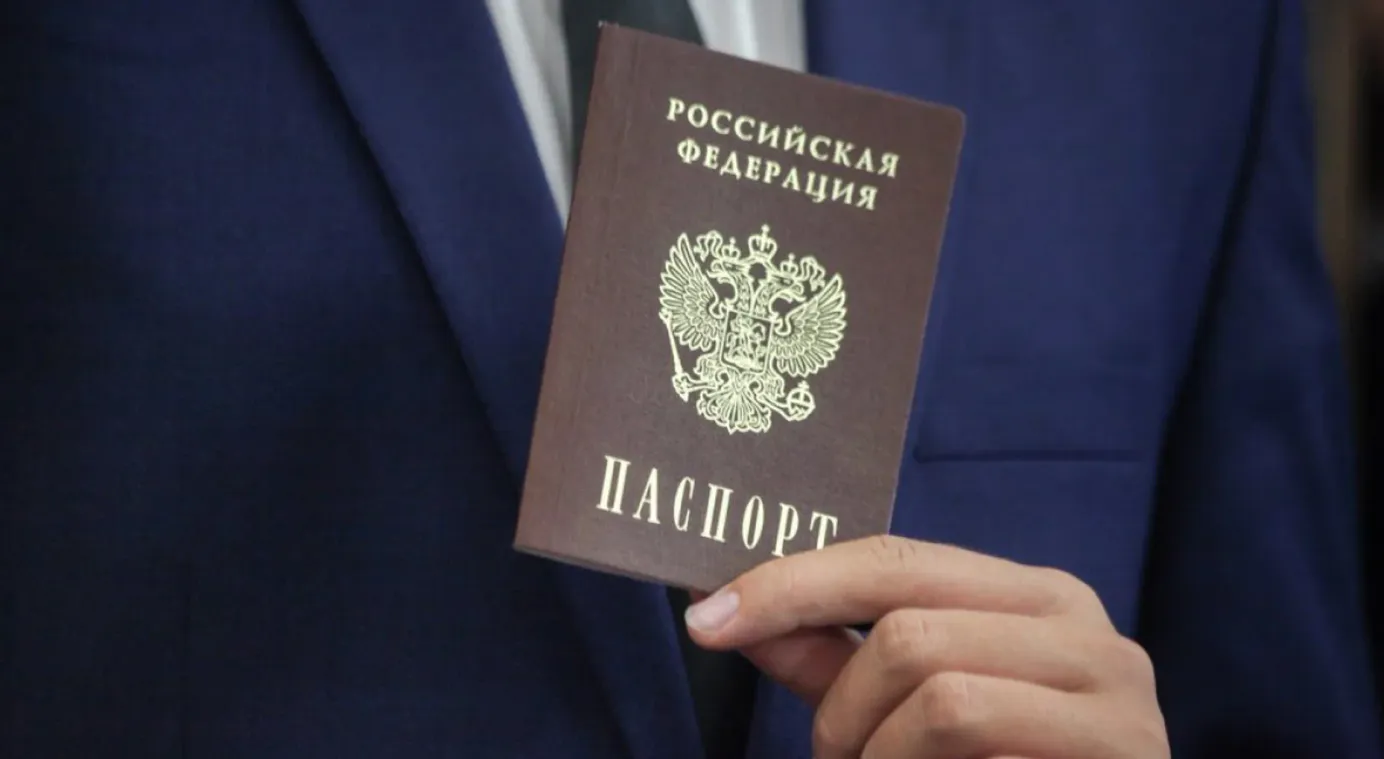
Fresh Karabakh conflict dents Russia’s standing in the Caucasus
Last week, Azerbaijan launched fresh military action to seize control of Nagorno-Karabakh, a separatist republic in the Caucasus populated mainly by ethnic Armenians but which is internationally recognized as part of Azerbaijan. Not only did this one-day “anti-terrorist operation,” as Baku called it, seemingly bring an end to any independent future for the unrecognized republic, but it also dealt a serious blow to Russia’s authority in the region. Moscow, already facing international isolation since its invasion of Ukraine, now risks losing the support of Armenia, one of its dwindling number of allies.
Karabakh: a history of conflict
In the late 1980s, the emergence of a movement to return the mountainous Karabakh region to Armenia became one of the first and most significant harbingers of the collapse of the Soviet Union. At the time, the region was part of the Azerbaijani SSR, but had a majority Armenian population. Armenians asked the Soviet authorities to transfer Karabakh to the Armenian SSR, but Baku insisted such a demand was unacceptable. Mikhail Gorbachev, the last Soviet leader, felt the same way and in 1988 he ruled out any prospect of changing the borders between the republics.
Clashes broke out in Karabakh between Armenian and Azerbaijani groups. Azerbaijanis had to flee the entire region and in turn, Armenians began to leave Baku and other parts of Azerbaijan. Moscow assumed direct control over the problem territory.
After the collapse of the Soviet Union, Armenia and Azerbaijan became independent states. Soviet forces left Karabakh and, in a 1991 referendum, a majority of the remaining residents voted in favor of independence. No country, including Armenia, officially recognized the result of the referendum or the independent status of Nagorno-Karabakh, or the Republic of Artsakh as it called itself.
From 1992-94, Karabakh was plunged into an all-out war. Armenian and Karabakh forces seized about 20% of Azerbaijan’s territory, including land surrounding the unrecognized republic. The Nagorno-Karabakh army not only secured control over the territory of the former autonomous region, but also extended its reach as far as the Armenian border.
Although the war ended in 1994, there was no lasting peace. Instead, it became a frozen conflict, with dozens of fatalities on both sides of a tense ceasefire line.
Russia’s role
The frozen conflict played into Russia’s hands. Moscow played a leading role in brokering the 1994 ceasefire between Armenia and Azerbaijan and the Kremlin was able to dictate its terms to Armenia and gain substantial authority in the Caucasus. Since the early 90s, Armenia relied on Russian protection through the Collective Security Treaty Organization (CTSO), a group comprising several former Soviet republics.
However, since the second Karabakh war in 2020, in which Azerbaijan captured part of Nagorno-Karabakh in an intense six-week conflict, the relationship between Moscow and Yerevan has become increasingly stretched, almost to the point of breakdown. In 2020, Armenia had expected stronger support from Russia, but Moscow, which strives for cordial relations with Baku, once again played the role of mediator in the negotiation process. Russian peacekeepers were sent to the region to enforce a new ceasefire for a five-year period. But the ceasefire was not well-observed and sporadic reports of shootings have routinely made headlines over the past three years.
The final precursor to the conflict and another blow to Russia’s influence in the region and its image in Armenia came in December 2022, when Azerbaijan started a blockade of the Lachin corridor, the only route by which food from Armenia could arrive in Nagorno-Karabakh. The blockade triggered a humanitarian crisis, while Baku claimed that Karabakh itself was refusing to allow aid to enter the region.
Amid the blockade, Armenian attitudes to Russia deteriorated rapidly. In December 2021, 64% of Armenians said their country had “good” relations with Russia — in March 2023, that score had fallen to 50%. The latest poll had 49% describing bilateral relations as poor (compared with 34% in late 2021). The fact that Russia provided no kind of support to Armenia in the face of Azerbaijan’s latest military campaign suggests that relations will get worse before they get better.
What next?
Russia, already isolated, is now losing Armenia — one of its key allies in the Caucasus. Moscow’s official rhetoric is critical of Armenian Prime Minister Nikol Pashinyan, who publicly recognized Nagorno-Karabakh as part of Azerbaijan in the spring. At the same time, Pashinyan himself periodically has taken swipes at Moscow, and accused Russia’s peacekeepers of not fulfilling their mandate. In addition, Armenia refused to join in CSTO military exercises, withdrew its permanent representative from the organization and hosted joint exercises with US troops in the country earlier this month.
Journalists specializing in the region do not rule out the possibility that the Karabakh conflict might spill into Armenia itself. Although occupying Armenian territory would likely draw international condemnation against Azerbaijan, it is unlikely to provoke any direct intervention.
Why the world should care
The Armenian authorities now face the task of accommodating tens of thousands of refugees fleeing the region. Official figures suggest 120,000 people live in Nagorno-Karabakh. Almost all are expected to try to leave, fearing the possibility of ethnic cleansing should they stay. Meanwhile, Russia’s authority in the region suffered a serious blow — and now Moscow risks losing one of its few remaining allies.
Russian representatives were not even invited to upcoming talks between Pashinyan and Azerbaijani president Ilham Aliyev scheduled for Granada, Spain in early October. By contrast, when the two leaders met in May to discuss Karabakh, it was in Moscow with President Vladimir Putin personally mediating.




